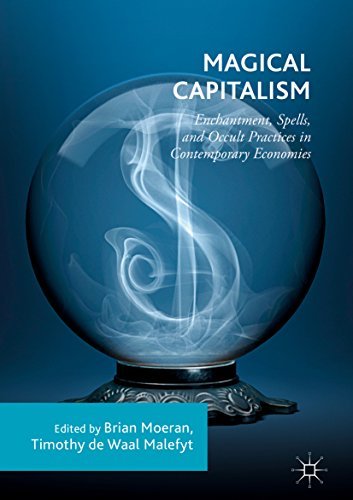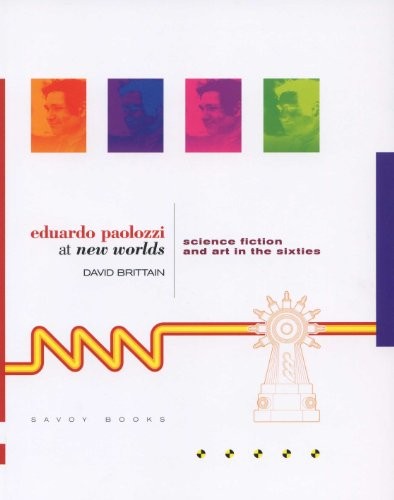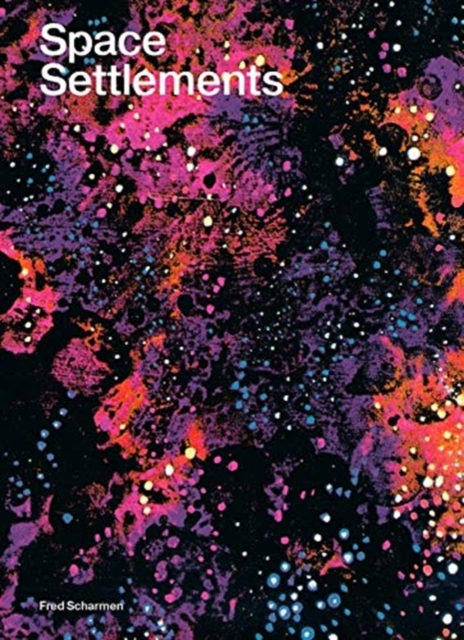
or How Print Capitalism Enchanted Victorian Science
by Peter Pels
- Author(s)
- Peter Pels
- Editor(s)
- B. Moeran, T de Waal Malefyt
- Publication
- Berlin : Springer International, 2018
- Scope
- 29 Pages, illustrated, 30 cm.
- Carrier
- ISBN
- 9783319743974
In a society that is reputedly “post-truth”, those who fear the increase of fake news may improve their understanding of the history of North Atlantic modernity by looking at early instances of science fiction. Identifying Mary Shelley’s Frankenstein (1818) as probably the first convergence of print capitalism[1] and secular uncertainties about the future of science, Pels argues that anthropology and geography were some of the first sciences that were fictionalized. They display forms of modern magic that shows that magical, usually psychic, powers were a staple of science fiction before the future became technologized by, especially, American sci-fi. According to Pels, these forms of science fiction provide better insights into current gnostic paranoia than the techno-scientific image of sci-fi does. 11] Print capitalism is a theory underlying the concept of a nation, as a group that forms an imagined community, that emerges with a common language and discourse that is generated from the use of the printing press, proliferated by a capitalist marketplace.
- Keywords
- science fiction
- Location
- Cabinet 9 - 5: Kunst stromingen en thema's
- Remarks
- Includes notes, bibliography ; published in: Magical Capitalism : Enchantment, Spells, and Occult Practices in Contemporary Economies / ed. By B. Moeran, T de Waal Malefyt. - Springer International, 2018. - p. 239-268
based on keyword




